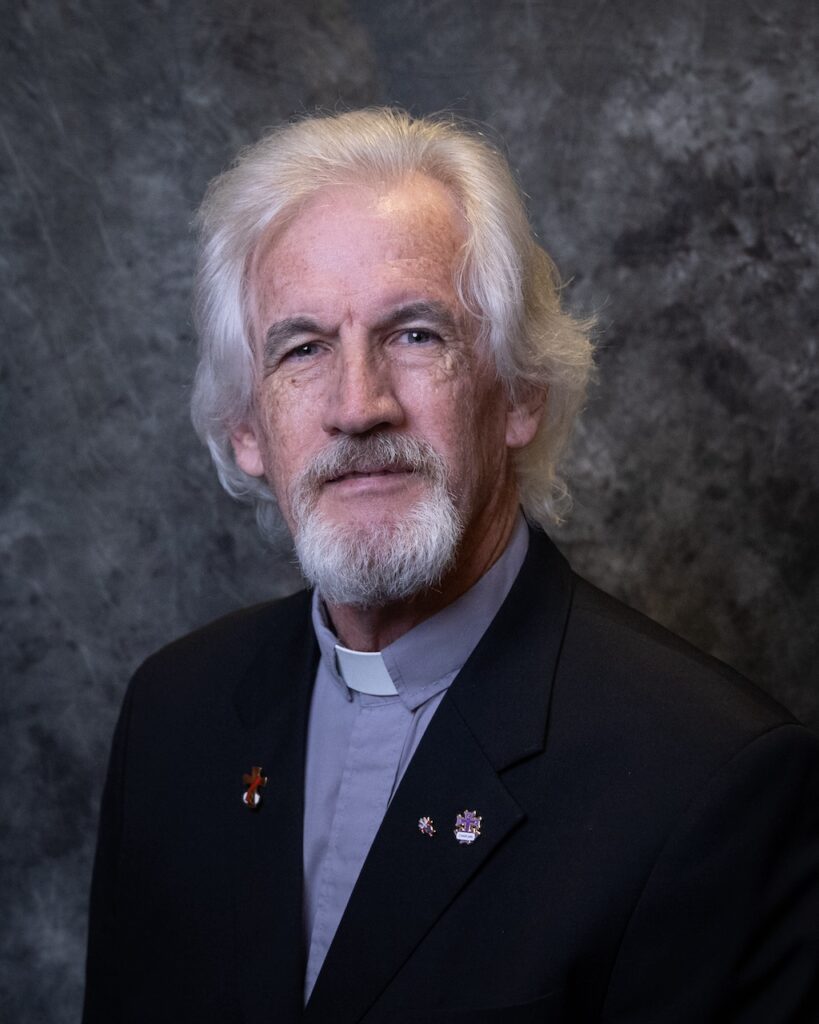Reflections on the Sunday Mass Readings for July 2
In the Gospel this Sunday, Jesus says that if we are going to follow him, we must love God more than mother, father, son or daughter. Using modern language, Jesus is telling us we need to be “all in” – completely committed – to our relationship with God.
We need to know and understand the things that distract us and keep us from giving our all to God. Jesus is not telling us to ignore our families. Jesus is calling us to a deeper understanding of our relationships, to separate the earthly from things above.
We are created in the image of God. Genesis 1:26 tells us, “God said, let us make man in our image.” We know God has existed for all time, not in human form, but as spirit. God had no physical qualities until the incarnation of the Word of God in the person of Jesus.
This means the image God talks about in Genesis is a spiritual image, deep in our being – the essence of who we are. If we are made in God’s image, it is in the spirit – not in the physical – we find the image of God.
Karl Rahner, in his discussion of God, tells us: “God is not something extra in our lives. Rather, God is at the very core of our being, always there.”
We must understand that, in as much as we are all made in God’s image, then in the depth of every person resides the image of God. If our love of God is greater than anything else, if we are “all in,” then we will naturally love others as part of loving God. We move from a love that is physical to a love that is spiritual.
When we commit ourselves to following Jesus, we must commit ourselves to be free from things which keep us from letting the Spirit, which resides in us, take over our lives completely. This is the death Paul refers to throughout the second reading and means having a new attitude based on our relationship with God.
The response in Psalm 89, “For ever I will sing the goodness of the Lord,” is not looking just to the future of the kingdom of God in heaven. The psalmist is talking about a “for ever” relationship that begins in the here and now and can’t be ignored, even if it becomes challenging.
The readings from Romans and the first part of the Gospel leave no doubt how seriously we should take this relationship. Paul tells us in Romans, “In order to live with Christ, we must die to ourselves.”
Jesus tells us that we must die to sin and if we fail to take up our cross and follow Jesus, we are not worthy of him.
On the other hand, the reading from the Second Book of Kings and the second half of the Gospel give us a clear indication of the spiritual reward in store for those who live this relationship to the fullest. The woman is promised a son in response to her actions towards Elisha, a man of God.
Jesus promises us we will not lose our reward for good treatment of a disciple.
Do we respond to others in a way that reflects the Spirit of God, who lives in the depths of our being, and in ways that reflect our understanding that the Spirit of God lives in them as well?
 Deacon Christopher Colville serves at Church of the Redeemer, Mechanicsville.
Deacon Christopher Colville serves at Church of the Redeemer, Mechanicsville.

